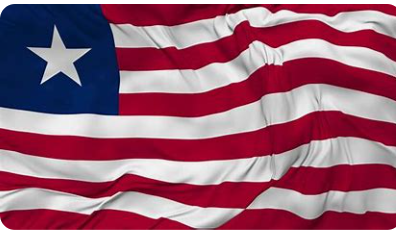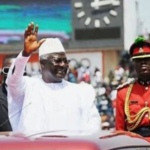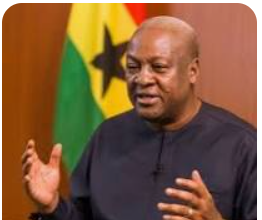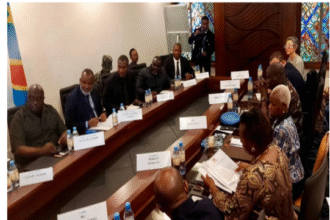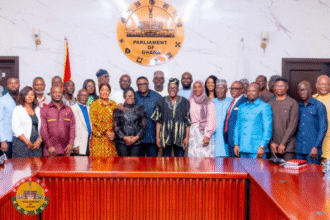By Emmanuel Sikena
Monrovia, Liberia – Liberia’s deep-rooted relationship with the United States, dating back to its founding in the 19th century by freed American slaves, remains a significant, albeit complex, dynamic in the African landscape. While the U.S. continues to view Liberia as a strategic ally and a foothold in the region, questions persist within Liberia regarding the true benefits of this enduring alliance.
For the U.S., Liberia offers a unique historical connection and serves as a valuable partner in promoting stability and democratic values in West Africa. Washington has consistently provided development assistance, security support, and humanitarian aid to Liberia over the decades. This support has been particularly crucial in the aftermath of Liberia’s devastating civil wars, contributing to peacekeeping efforts, infrastructure development, and the strengthening of democratic institutions.
“Liberia’s democratic trajectory, while still facing challenges, is a testament to the potential for stability and good governance in Africa,” stated a U.S. State Department official recently. “Our partnership aims to solidify these gains and promote sustainable development, aligning with U.S. interests in a secure and prosperous West Africa.”
However, this perspective is not universally shared within Liberia. Concerns persist over whether the economic benefits of the relationship are being equitably distributed and whether Liberia’s sovereignty is being fully respected. Some critics argue that U.S. influence has, at times, hindered the development of a self-sufficient and diversified Liberian economy.
“We appreciate the assistance, but we need more than just handouts,” commented Samuel Davies a Liberian graduate student of economics in Hong Kong. “We need genuine investment that empowers Liberian businesses, creates jobs, and transfers skills. We need a partnership based on mutual respect, where Liberia can chart its own course and control its own resources.”
Another area of concern centers around the legacy of U.S. companies operating in Liberia. While they contribute to the Liberian economy, concerns have been raised regarding resource exploitation and the lack of adequate benefit sharing with local communities. Transparency and accountability in the extractive industries remain a pressing issue.
Furthermore, some Liberians question the extent to which the U.S. genuinely supports Liberia’s efforts to address its own unique challenges, such as corruption, poverty, and inequality. They argue that the U.S. often imposes its own agenda, which may not always align with Liberia’s priorities.
Despite these criticisms, many Liberians still value the relationship with the United States, recognizing its historical significance and the potential for continued support. However, there is a growing demand for a more balanced and equitable partnership, one that prioritizes Liberia’s long-term development and allows it to fully realize its potential as an independent and prosperous nation.
The future of the U.S.-Liberian relationship hinges on addressing these concerns and fostering a genuine partnership based on mutual respect, shared goals, and a commitment to sustainable development. As Liberia continues on its path towards stability and prosperity, the question remains: Can this long-standing alliance truly deliver tangible benefits for the Liberian people?


